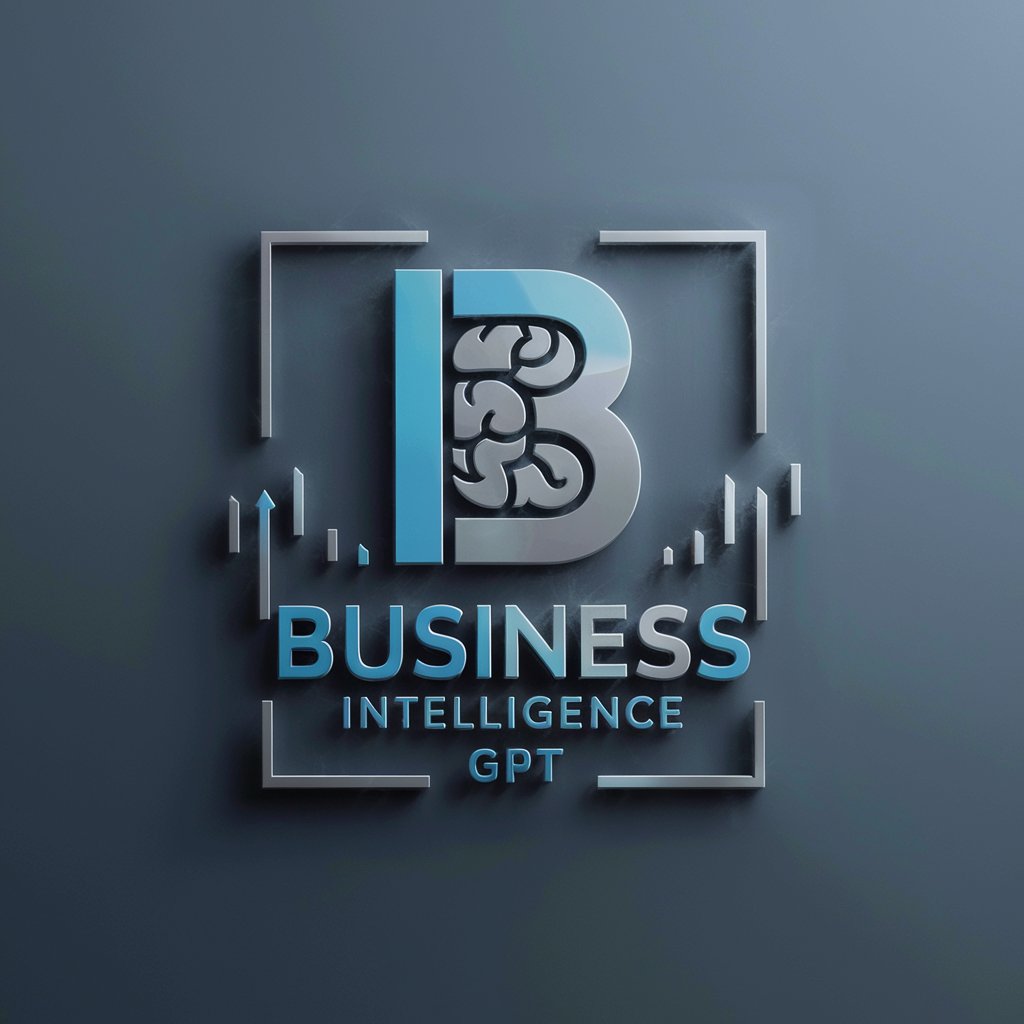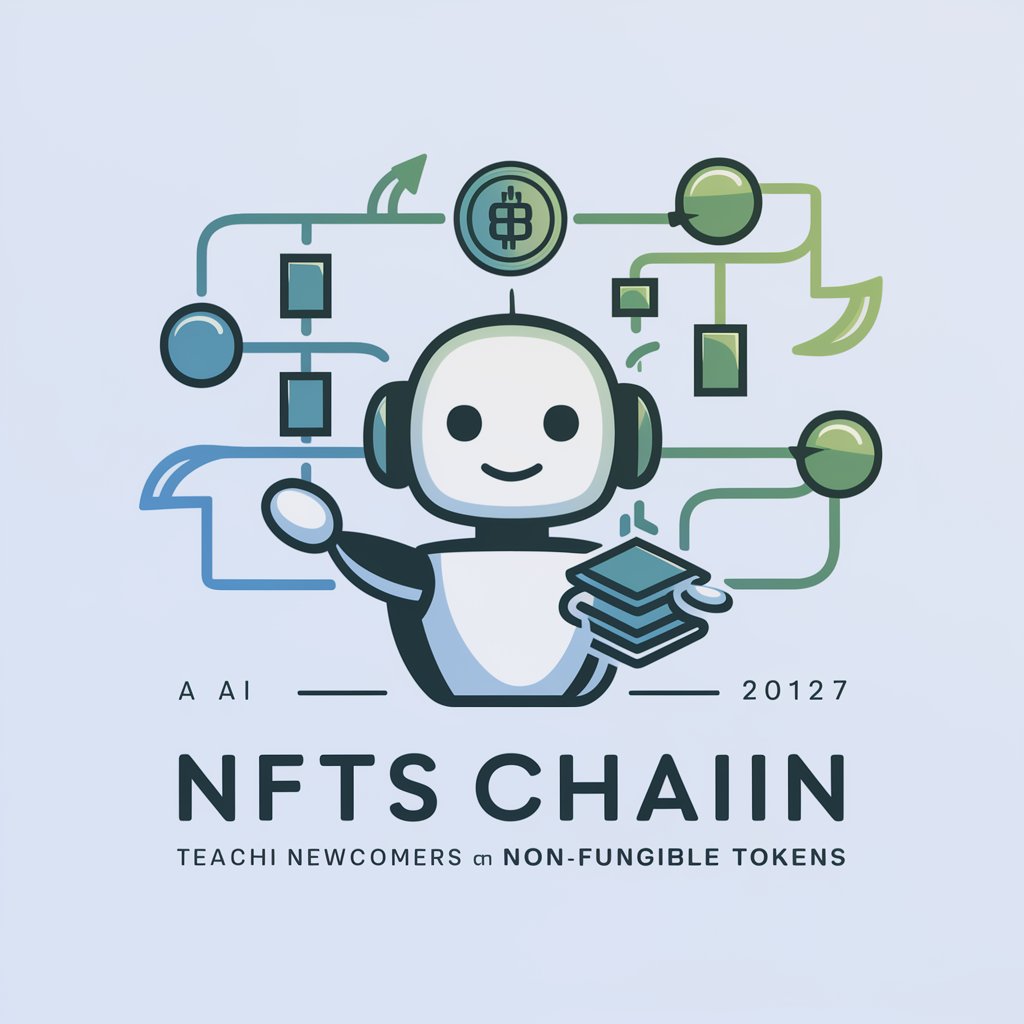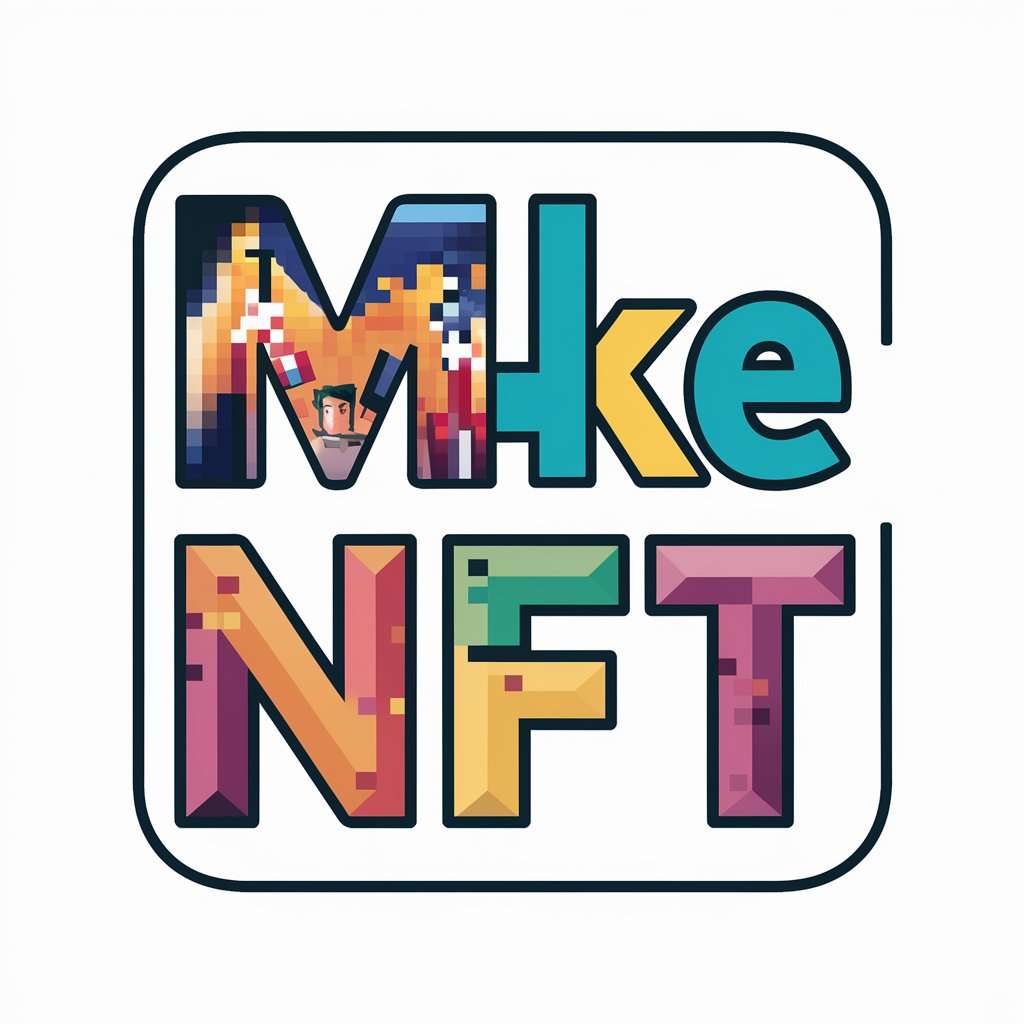Business intelligence - AI-powered Insights Generation

Welcome! Let's create intelligent content together.
Empowering Decisions with AI Intelligence
Generate a comprehensive market analysis report for...
Create a detailed SWOT analysis for...
Write an in-depth competitive landscape overview for...
Develop a strategic plan for business growth in the...
Get Embed Code
Introduction to Business Intelligence
Business Intelligence (BI) is a technology-driven process used for analyzing data and presenting actionable information to help executives, managers, and other corporate end users make informed business decisions. BI encompasses a wide range of tools, applications, and methodologies that enable organizations to collect data from internal systems and external sources, prepare it for analysis, develop and run queries against the data, and create reports, dashboards, and data visualizations to make the analytical results available to corporate decision-makers as well as operational workers. For example, a retail company may use BI technologies to improve its supply chain operations, determining the most efficient shipping methods and routes, or to understand customer behavior patterns to tailor marketing strategies. Powered by ChatGPT-4o。

Main Functions of Business Intelligence
Data Mining
Example
Identifying patterns and relationships in large datasets.
Scenario
A telecommunications company uses data mining to analyze call record data to predict customer churn based on service usage patterns and customer feedback surveys.
Reporting
Example
Generating timely, accurate, and readable reports.
Scenario
A financial institution generates monthly reports for its management team to show the current state of loans, interest rates, and defaults, helping in strategic decision-making.
Performance Metrics and Benchmarking
Example
Comparing current performance data to historical data to track performance against goals, typically using customized dashboards.
Scenario
A manufacturing company uses performance metrics to benchmark its production quality and efficiency against past performance and industry standards to identify areas for improvement.
Predictive Analytics
Example
Using statistical models and forecasts to understand future scenarios.
Scenario
An e-commerce platform applies predictive analytics to customer data to forecast buying trends and stock inventory accordingly.
Data Visualization
Example
Transforming data into visual contexts, such as graphs or maps, for easy understanding.
Scenario
A health organization visualizes data on a map to track the spread of a disease outbreak, facilitating a quicker response to affected areas.
Ideal Users of Business Intelligence Services
Business Executives
Senior executives who need an overview of their organization's performance to guide strategic decisions. BI provides them with insights into various aspects of the business, such as sales performance, operational efficiency, and market trends.
IT Professionals
Responsible for managing the BI tools within an organization, ensuring data quality, and facilitating access to data. They benefit from BI by streamlining data processing and reporting workflows.
Data Analysts and Scientists
Individuals who delve deep into data to find trends, make predictions, and derive actionable insights. BI tools help them to efficiently analyze large datasets and communicate their findings through reports and visualizations.
Operational Managers
Managers overseeing daily operations who require real-time data to make immediate decisions. BI dashboards provide them with up-to-date information on key performance indicators, helping to optimize operations.
Marketing Professionals
Marketing teams use BI to analyze market trends, customer behavior, and campaign performance. This allows them to tailor marketing strategies and allocate resources more effectively.

How to Utilize Business Intelligence Effectively
Initiate Trial
Start by heading to yeschat.ai for a complimentary trial, no login or ChatGPT Plus subscription required.
Identify Objectives
Clearly define your business or research objectives to tailor the intelligence tool towards achieving specific goals, such as market analysis or customer behavior insights.
Input Data
Feed the system with relevant data or queries. This could range from business reports, industry research, customer feedback, to specific questions you need answers to.
Analyze Output
Examine the insights and recommendations provided. The tool uses advanced algorithms to process data and generate actionable intelligence.
Apply Insights
Utilize the insights gained to inform decision-making, strategy planning, and to optimize operations or academic pursuits for better outcomes.
Try other advanced and practical GPTs
Evo
Empowering human-AI collaboration.

Uzbek Expert
Discover Uzbekistan with AI

Macro Calculator
Optimize your diet with AI-powered precision.

Manifest Mentor
Empowering your manifestation journey with AI.

Flow Architect
Your Words, AI-Crafted Beats

블로그 마스터
Elevate Your Blog with AI-Powered Insights

風水マイスター🌿 風水を意識した部屋を提案します
Harmonize Your Space with AI

Tribal Quest Explorer
Experience culture through AI-powered tribal encounters

Pictory GPT for Videos
Transform text into engaging videos effortlessly.

NFT Education
Unlocking the World of NFTs with AI

Make NFT
Craft Unique NFTs with AI Precision

NFT Creator
Empowering Art with AI

FAQs on Business Intelligence Usage
What types of data can Business Intelligence analyze?
Business Intelligence can analyze a wide array of data types, including but not limited to, market trends, customer feedback, sales reports, financial data, and academic research findings.
How does Business Intelligence support decision-making?
It leverages data analytics and machine learning algorithms to sift through large datasets, identifying patterns, trends, and insights that support informed decision-making and strategic planning.
Can Business Intelligence help with academic research?
Yes, it can analyze scholarly articles, research data, and trends within specific academic fields to provide comprehensive insights, aiding in hypothesis formation, literature reviews, and data interpretation.
What makes Business Intelligence different from traditional data analysis tools?
Unlike traditional tools that often require extensive manual input and analysis, Business Intelligence automates data processing and insight generation, leveraging AI to provide deeper, actionable insights more efficiently.
How often should I use Business Intelligence for optimal results?
Regular use is recommended to stay ahead of trends and adapt to changing dynamics. The frequency can depend on your specific needs, ranging from daily for real-time data analysis to quarterly for strategic planning.
